Italian brake manufacturer Brembo S.p.A is marching towards its vision of the future of mobility.
Ashish Bhatia takes a closer look at some of the key developments including new acquisitions and technological advancements.
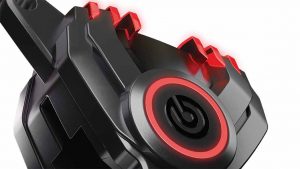 Brembo S.p. A of Italy is well known for its capabilities in the design, development and production of braking systems. The company recently marked its 60th anniversary with the reveal of a new brake caliper concept set to shape the future of mobility. The New G Sessanta is a new concept known to have been inspired by the first-ever brake calliper for motorbikes produced by the company, in 1972. It draws its name from the designer. It embodies the company’s new vision of the future of mobility. Notably, in a design milestone, the company has made use of the LED technology with a direct application on the body of the calliper. The new brake calliper concept is said to be adaptable to every application and type of calliper, which is responsible for enhancing its form and function. It is designed such that it can be both an interface, communicating directly with the user, and an aesthetic choice, adapting to the user’s tastes and preferences.
Brembo S.p. A of Italy is well known for its capabilities in the design, development and production of braking systems. The company recently marked its 60th anniversary with the reveal of a new brake caliper concept set to shape the future of mobility. The New G Sessanta is a new concept known to have been inspired by the first-ever brake calliper for motorbikes produced by the company, in 1972. It draws its name from the designer. It embodies the company’s new vision of the future of mobility. Notably, in a design milestone, the company has made use of the LED technology with a direct application on the body of the calliper. The new brake calliper concept is said to be adaptable to every application and type of calliper, which is responsible for enhancing its form and function. It is designed such that it can be both an interface, communicating directly with the user, and an aesthetic choice, adapting to the user’s tastes and preferences.
The light is aimed at taking Brembo’s experience in the use of colour to a higher level, giving it new values. The G Sessanta as a concept is claimed to have been designed to be personal. The company has achieved this by using wireless technology. When the vehicle stops, there is a great degree of control over the desired shade of light to express mood, enhance the style of the bike, or adapt it to the surroundings. The use of colour and light is also designed with the potential to enable data and information to be sent on the conditions of the vehicle and the calliper itself. To further customise, a parked vehicle can emit a courtesy light too as a result. Brembo’s pioneering new concept in brake callipers, according to the company, goes beyond the traditional canons of design and technology. It is an attempt to introduce a contemporary dimension that speaks the language of new generations. The design consciously remains true to the iconic lines that were the hallmark of that first model. The concept is known to reinterpret its body with a next-generation framework of dynamic solids and voids, said to be essential in their immediacy and formal consistency.
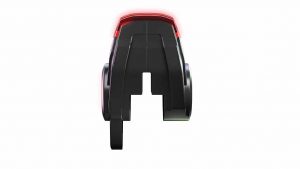
Besides making rapid strides in technological advancements, Brembo S.p.A is on an acquisition spree! The company has concluded two significant acquisitions in line with its vision of the future of mobility. The company followed the acquisition with 100 per cent acquisition of J.Juan Group, a Spanish company specialising in the development and production of motorbike braking systems. Founded in 1965, J.Juan is a Barcelona based company with three plants spread out in Spain and China. These plants are especially focused on the manufacture of brake hoses, a strategic safety component for braking systems to complement the current range of Brembo products of motorbikes. The acquisition of J.Juan is being looked at as a move to strengthen the motorbike braking system range of solutions. Averred Alberto Bombassei, Chairman, Brembo, “We are proud to welcome J.Juan to the Brembo Group. This transaction is in line with our global strategy and follows the recent acquisition of SBS Friction of Denmark. We continue to invest to strengthen our motorbike core business.” “The addition of J.Juan is a great opportunity for us, as it reinforces our positioning as a company increasingly oriented to offering comprehensive, integrated and high-quality solutions to our customers,” he stated. The transaction is estimated to be valued at Euro 70 million and will be paid using available cash subject to usual adjustment mechanisms for similar transactions. The enterprise value is pegged at Euro 73 million. It is further subject to approval from antitrust authorities and expected to conclude in the second half of FY2021 (H2FY2021).
In January 2021, the company announced the acquisition of Danish company SBS Friction, known to develop and manufacture innovative and eco-friendly sintered and organic material brake pads for motorbikes. The transaction valued at Danish Kroner 224 million (Euro 30.1 million) is paid using available cash and subject to customary adjustment mechanisms. It is estimated that the enterprise value stands at Danish Kroner 300 million (Euro 40.3 million). It is looked at a move for a strategic inclusion of brake pads in Brembo’s current product range. The company with the move is claimed to pay special attention to the environment besides strengthening its leadership in the motorbike sector.
On the financial front, compared to Q12020, the company in Q12021, declared revenues worth Euro 675.1 million. The revenue stands higher at 1.2 per cent compared to Q12019. EBITDA margin stood at 20.1 per cent, Euro 135.6 million with EBIT margin at 12.4 per cent at Euro 83.7 million. The company’s net investments stood at Euro 48.3 million for the quarter. Commenting on the results, Bombassei termed the results as encouraging. “The figure for the first quarter of 2021 approved by the Board of Directors indicates a robust recovery and points to a continuation of the trend witnessed in the final three months of 2020.” “Never before in Brembo’s history, we had seen revenues this high in the first quarter, up not only in the same period of 2020 but also and above all, in 2019,” he claimed.
The results, he explained, were driven by the positive performance of all segments and geographical areas in which the company operates. For instance, the car segment rose by 13.1 per cent, motorbike applications by 40.5 per cent, and commercial vehicle applications by 31.6 per cent. The racing segment grew by 3.3 per cent compared to the same quarter of 2020. Sales in Italy grew by 20.9 per cent, by 6.1 per cent in Germany, by 27.6 per cent in France, and by 6.2 per cent in the United Kingdom. The sales in India grew by 31.2 per cent, by 97.4 per cent in China and by 20 per cent in Japan. Sales in North America rose by 5.9 per cent except for a decline of 21.1 per cent in South American markets.
Admitting to the market scenario continuing to be marked by uncertainties, the company, according to Bombassei, is optimistic about the performance in the coming months. “We remain focused on the innovation of our solutions thanks to an increasingly integrated and sustainability-oriented product portfolio which has been expanded through the acquisition of SBS Friction in Denmark and will be further enhanced by the acquisition of J.Juan in Spain,” he concluded. The company is also closely monitoring the impacts of the shortage of electronic components on the client’s supply chain. At this stage, however, the impact is known to be difficult to estimate. ACI


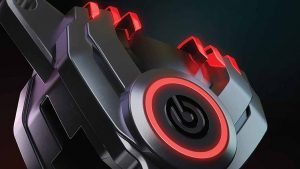
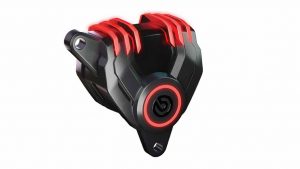
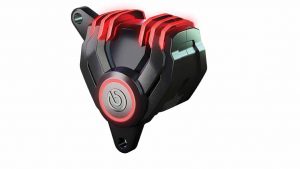
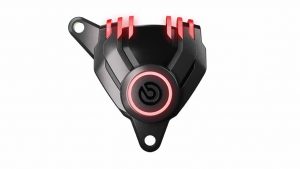

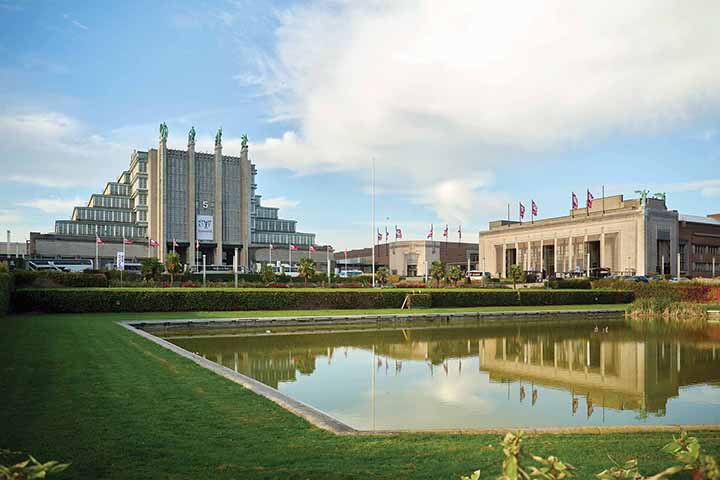
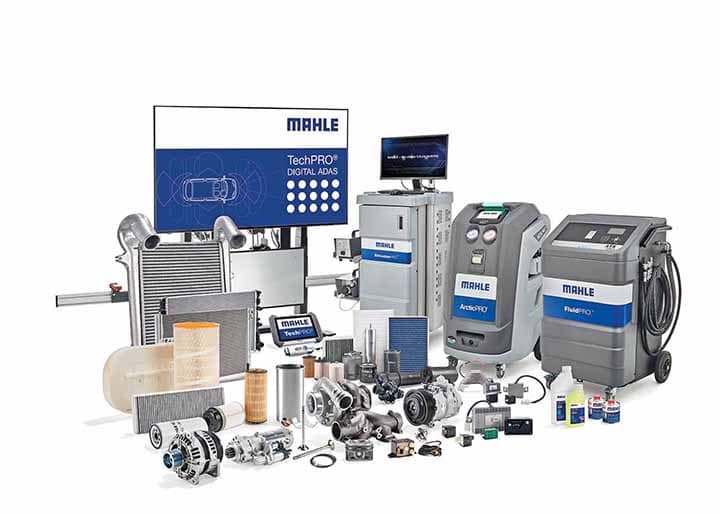


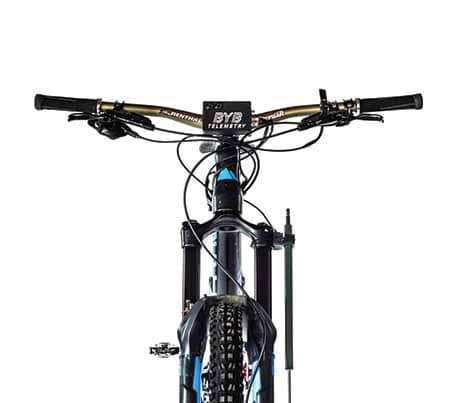
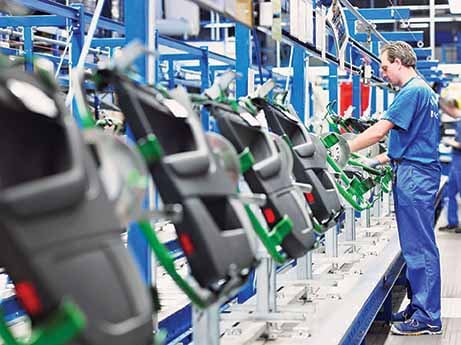
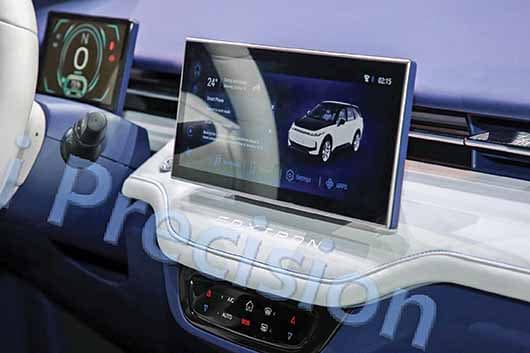






Leave a Reply